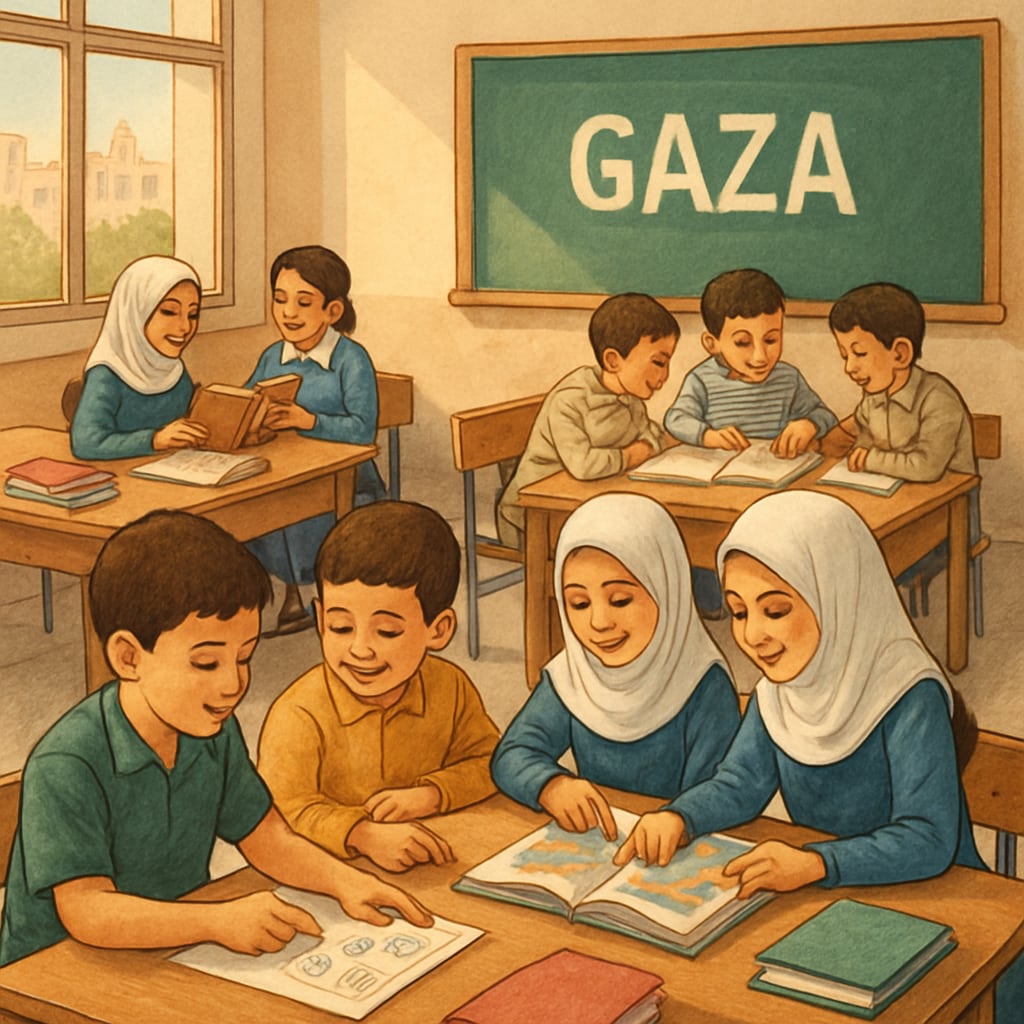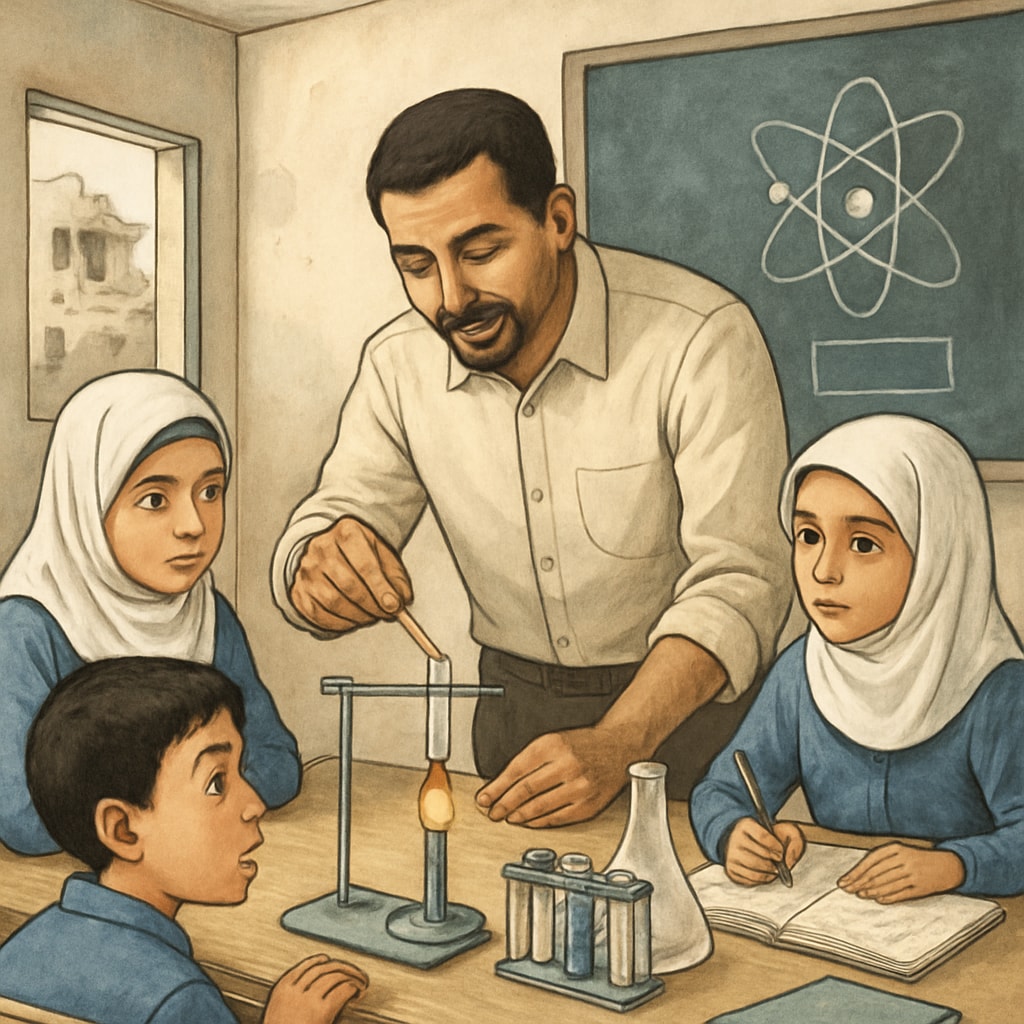Rebuilding K12 education in Gaza’s schools under the complexities of IDF-controlled areas presents a unique challenge. The development of teaching frameworks for science and social studies must balance cultural identity, international standards, and practical skills. This article delves into the intricate process of designing curricula that meet these needs while navigating local sensitivities and global expectations.
Challenges in Curriculum Development for Gaza’s Schools
The process of rebuilding education in Gaza faces numerous obstacles, particularly in science and social studies. These subjects not only teach foundational knowledge but also foster critical thinking and cultural understanding. However, tailoring these curricula under the constraints of an IDF-controlled environment adds layers of complexity.
Key challenges include:
- Cultural Sensitivity: Any curriculum must respect and integrate local traditions and values to ensure community acceptance.
- Global Standards: Aligning with international educational benchmarks is crucial for students to thrive in a globalized world.
- Resource Limitations: Post-conflict regions often lack the infrastructure, trained personnel, and materials needed for effective implementation.

Balancing Cultural Identity and Modern Education
One of the most significant hurdles is designing a curriculum that simultaneously promotes cultural identity and prepares students for modern challenges. Science curricula must encourage innovation while addressing environmental and societal issues relevant to Gaza. Similarly, social studies should provide a balanced perspective on history and geopolitics without perpetuating conflict narratives.
Key strategies include:
- Incorporating Local Content: Including examples and case studies relevant to Gaza’s environment and history.
- Promoting Multicultural Awareness: Introducing global case studies to foster understanding and cooperation across cultures.
- Skill Development: Emphasizing critical thinking, problem-solving, and collaboration to prepare students for future opportunities.

Practical Recommendations for Curriculum Implementation
To address the unique challenges of rebuilding Gaza’s education system, stakeholders must adopt innovative and adaptable approaches. For example, leveraging technology can bridge resource gaps, while partnerships with international organizations can provide additional support.
Specific recommendations include:
- Teacher Training: Equipping educators with the skills and tools needed to implement new curricula effectively.
- Community Involvement: Engaging parents and local leaders to ensure the curriculum aligns with societal values.
- Monitoring and Evaluation: Establishing mechanisms to assess the effectiveness of the curriculum and make necessary adjustments.
For more on post-conflict education strategies, visit Education in Emergencies on Wikipedia or Education on Britannica.
In conclusion, rebuilding education in Gaza’s schools under IDF control requires a careful balance of cultural, practical, and global considerations. By focusing on inclusive and adaptive curriculum development, it is possible to lay the foundation for a brighter future for Gaza’s youth.


